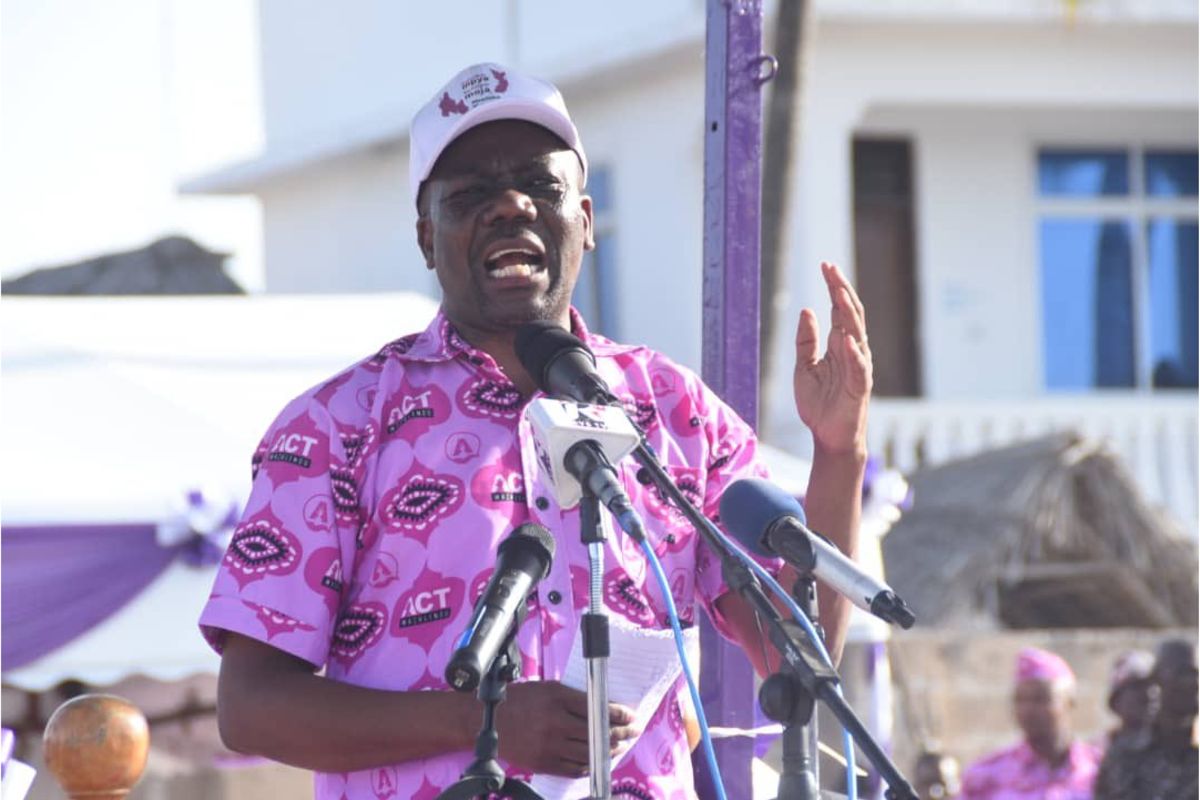
The COP29 climate meeting in Baku, the capital of Azerbaijan, formally concludes on Friday, November 22, 2024.
As COP meetings come and go, the Baku meeting has been a damp squid. By the time it ends, it will have been attended by nearly 50,000 delegates. That is half the nearly 100,000 who attended COP28, which took place in 2023 in Dubai, United Arab Emirates – the highest number ever.
Some have argued that Azerbaijan was a terrible venue, because it is a petrostate ruled by President Ilham Aliyev, described as leading “an authoritarian regime; elections are not free and fair, political power is concentrated in the hands of Aliyev and his extended family, corruption is rampant, and human rights violations are severe”. The UAE is really not much different; it is only beginning to grow out of being a petrostate, and is less a democracy than Azerbaijan. Sure, Baku is nowhere as shiny as Dubai, and isn’t a great shopping destination, but it has a good view, seated as it is on the coast of the Caspian Sea, the largest inland body of water in the world.
While nearly all United Nations member states sent delegates to Baku, the absence of big power leaders was notable. US President Joe Biden did not attend; China’s President Xi Jinping didn’t show; France’s President Emmanuel Macron didn’t rock up; Germany’s Chancellor Olaf Scholz was absent due to the collapse of his ruling coalition; Brazil’s President Luiz Inácio Lula da Silva cancelled after a head injury; European Commission President Ursula von der Leyen was missing in action, and good old Russian President Vladimir Putin did not go either.
Leading economies
The leaders from several of Africa’s leading economies and most populous nations also didn’t pitch up.
South Africa’s President Cyril Ramaphosa did not attend; Nigeria’s President Bola Tinubu was nowhere to be seen; Egypt’s Abdel Fattah El-Sisi, who hosted COP27 in 2022, and Ethiopian Prime Minister Abiy Ahmed, hadn’t punched the clock as of the time of writing. Kenya’s President William Ruto, who has taken an active stance on climate change issues and has hosted a couple of save-the-planet conferences, did not personally attend. Countries like Morocco, Tunisia, Côte d’Ivoire, Angola, were also represented by vice presidents or ministers.
The short of it is that the leaders of the world’s leading polluters weren’t in Baku to have fingers wagged in their faces. China is by far the largest emitter of CO₂, followed by the US, India, the EU, and Russia. In Africa, the leading polluter countries are South Africa, Nigeria, Egypt, Algeria, Angola and Morocco.
Perhaps it shouldn’t be surprising. The world is in great turmoil. Right wing populist leaders are being swept to power in many parts of the world by voters who are fed up and angry with the “neo-liberal” order that has dominated the world in the last 30 years. These leaders are not tree huggers, and don’t give a hoot about windmills or elephants dying in Africa’s drought-ravaged savannahs.
The horrors of war are everywhere, competing with climate change catastrophe; the Israel-Palestine atrocities; the madness in Sudan; the Sahel is on fire; the highest number ever of refugees and internally displaced persons in the world.
In Africa, southern Africa has been hit by the worst drought in 70 years, and lakes and rivers have run dry, leading to a seizure of hydropower dams. Several regions of Africa have seen their worst floods in generations. Perhaps for some African chiefs, going to Baku to debate the perils of climate change in these circumstances, would be like the hated emperor Nero playing the fiddle as Rome burns.
Africa suffers a great environmental injustice. It contributes significantly less to global greenhouse gas emissions (less than 4 per cent) than other continents, yet it suffers disproportionate impacts from climate change. Africa is warming at about 1.5 times the global average rate.
Historical data shows that Africa has had a 34 per cent decline in agricultural productivity growth since 1961 due to climate variability. The Horn of Africa recently faced its worst drought in 40 years, affecting millions. In 2022, weather, climate, and water-related hazards caused over US$8.5 billion in economic damages in Africa, with more than 110 million people directly affected.
It is projected that crop yields on the continent could fall 2.9 per cent by 2030 and 18 per cent by 2050 under current climate change trajectories. The African Development Bank estimates that climate change could reduce gross domestic product (GDP) growth by up to 3 per cent annually by 2050 in sub-Saharan Africa. Projected damages in major African cities could reach US$65 billion by 2050 for moderate climate change scenarios. And climate change is expected to displace 86 million Africans within their own countries by 2050 due to factors like sea-level rise, drought and flooding.
Battered by some of the harshest repercussions of climate change, Africa urgently needs both global mitigation efforts and robust local adaptation strategies. Hopefully, prayerful leaders like President Ruto who stayed home, did the right thing. At this point, anything helps.
The author is a journalist, writer, and curator of the “Wall of Great Africans”. X(Twitter)@cobbo3














